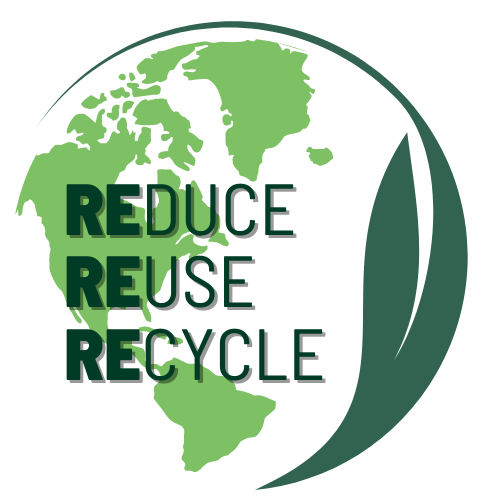Ingestion of marine debris by the White-chinned Petrel (Procellaria aequinoctialis): Is it increasing over time off southern Brazil?
Ingestion of marine debris by the White-chinned Petrel (Procellaria aequinoctialis): Is it increasing over time off southern Brazil?
Maria V. Petry, Victória R.F. Benemann, Ingestion of marine debris by
the White-chinned Petrel (Procellaria aequinoctialis): Is it increasing
over time off southern Brazil?, Marine Pollution Bulletin, Volume 117,
Issues 1–2, 15 April 2017, Pages 131-135, ISSN 0025-326X,
http://dx.doi.org/10.1016/j.marpolbul.2017.01.073.
(http://www.sciencedirect.com/science/article/pii/S0025326X17301017)
Abstract: Abstract
Seabirds are amongst the most affected organisms by plastic pollution
worldwide. Ingestion of marine debris has been reported in at least 122
species, and owing to the increasing global production and persistence
of these anthropogenic materials within the marine environment, it is
expected to be a growing problem to the marine fauna. Here we report
evidence of an increasing frequency in marine debris ingestion and a
decrease in the amount of plastic pellets ingested by White-chinned
Petrels attending south Brazilian waters during the last three decades.
Future studies comprising large temporal scales and large sample sizes
are needed to better understand the trends of marine debris ingestion by
seabirds. We expect our findings to highlight the need for prevention
policies and mitigation measures to reduce the amount of solid litter in
the oceans.
Keywords: Plastic; Litter; Procellariiformes; Pollution; South Atlantic;
Seabirds




